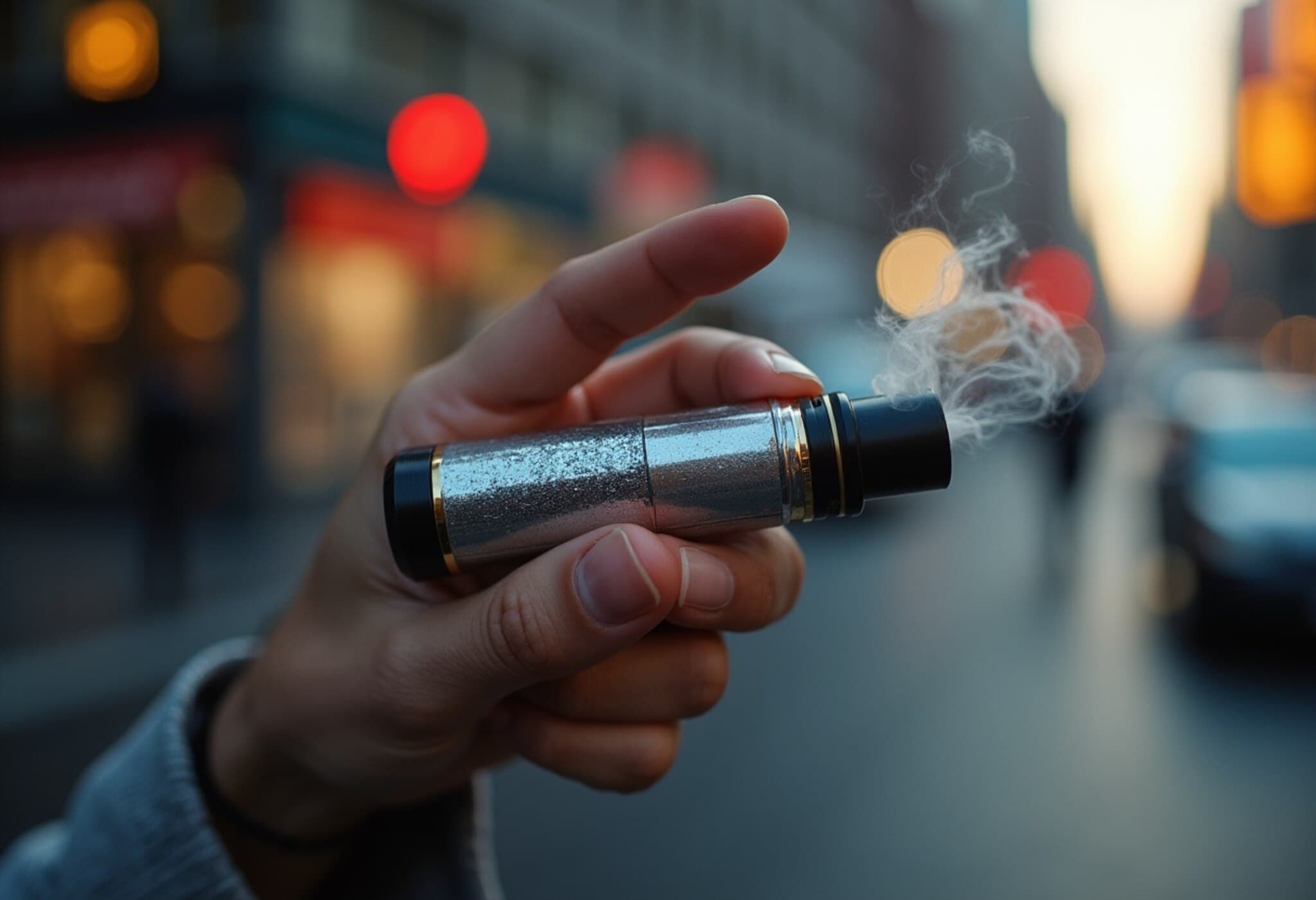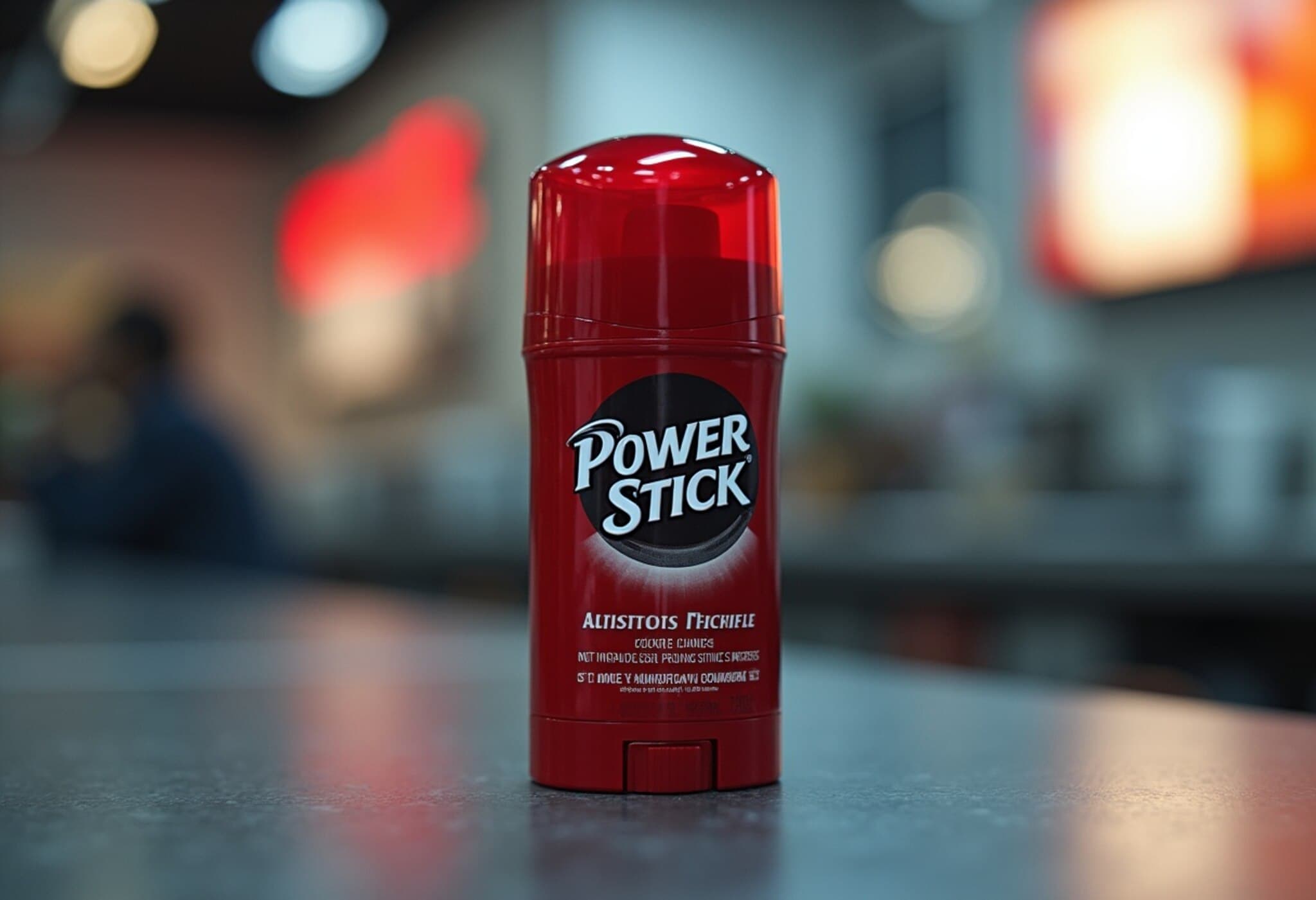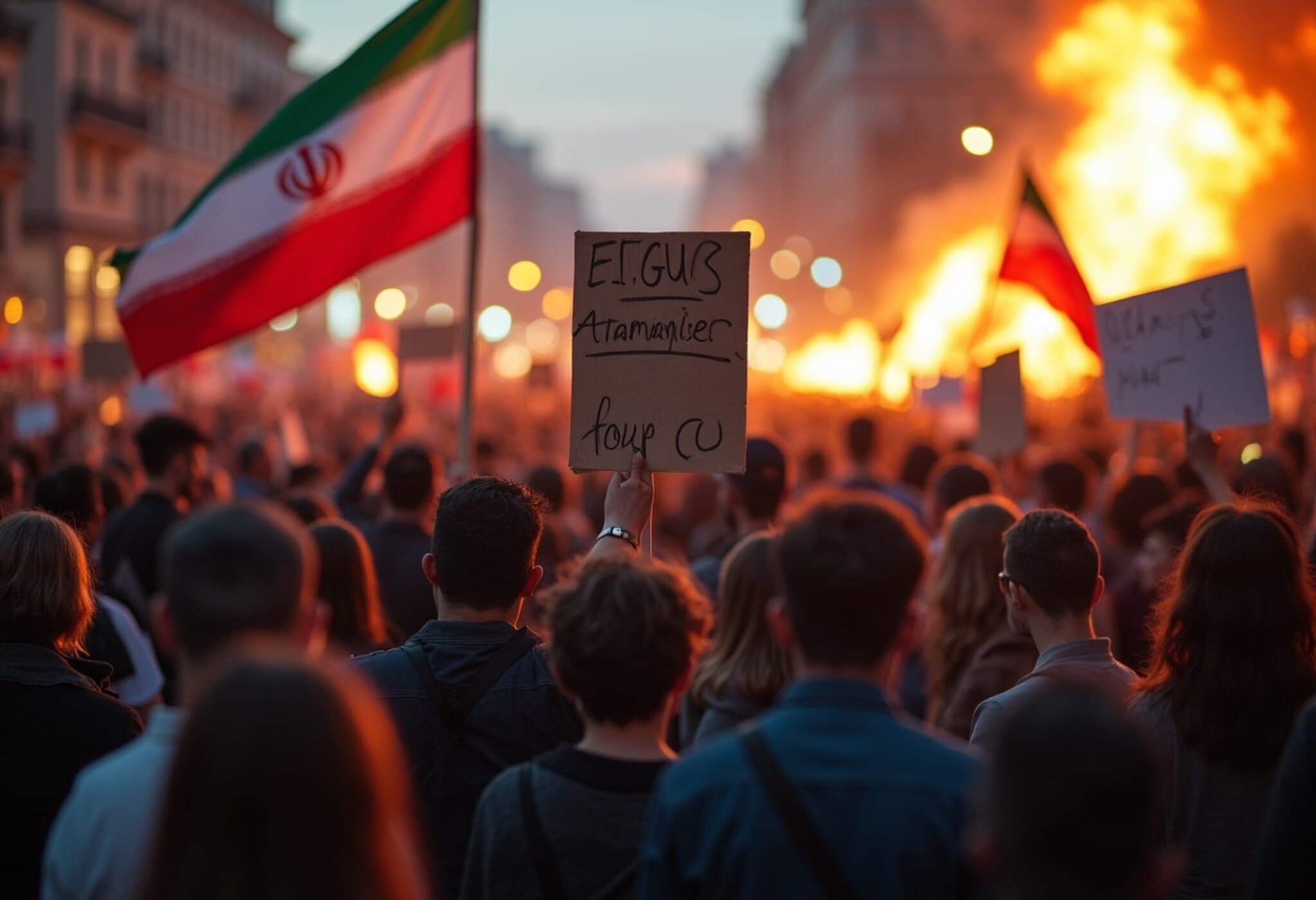How Illegal Chinese Vapes Are Flooding the US Market
Amid soaring demand for e-cigarettes, millions of unauthorized Chinese-made vapes have been making their way into the United States, often disguised as innocuous items. At the heart of this complex supply chain is a small customs brokerage, run by Jay Kim near Chicago's O'Hare International Airport, which emerged as a key facilitator in importing these illicit products.
A Broker’s Central Role in a Booming Trade
Over just four years, Jay Kim’s firm became a dominant force, managing approximately 60% of all vape shipments from China to the U.S. in 2024, according to data from the Food and Drug Administration (FDA). While Kim claimed that many shipments had FDA authorization, official data reveals his firm facilitated imports of banned brands like Lost Mary and Geek Bar, despite FDA prohibitions.
The FDA banned these brands largely due to their appealing flavors, such as fruit and candy varieties, which pose a risk of nicotine addiction among youth. Nicotine’s impact on developing brains includes impaired attention, learning difficulties, and mood disorders.
A Lost Mary spokesperson distanced the company from Kim’s firm and defended flavors as crucial for adult smokers trying to quit. Attempts to reach Geek Bar’s manufacturer went unanswered.
Vast Discrepancies in Trade Data Highlight Smuggling
Chinese customs data shows Shenzhen—the largest vape manufacturing hub—exported over $3.6 billion worth of vapes to the U.S. in 2024. However, U.S. customs recorded just $333 million worth that same year, indicating a staggering 90% discrepancy.
Such a massive gap is unusual and hints at widespread evasion strategies. The FDA warns that many illegal vape shipments are mislabeled, often declared as shoes, toys, or other unrelated goods to slip past border inspections.
Middlemen Operating in the Shadows
This sprawling pipeline involves a network of exporters in China and U.S.-based importers, distributors, and customs brokers who help shipments clear customs, sometimes circumventing regulations. Customs brokers themselves do not trade goods, but assist importers with compliance and documentation. Yet, lack of proper due diligence could implicate brokers in legal violations.
While Kim claimed in April 2025 that his firm had stopped handling vape shipments, FDA data indicates his involvement persisted into mid-2025. The FDA and Customs and Border Protection’s collaborative efforts have led to multiple seizure operations, including a notable $34 million confiscation in Chicago, targeting shipments with misleading product descriptions and undervalued cargo.
Enforcement Efforts and Government Response
The FDA has recently escalated its crackdown on illegal vape imports. In early 2025, it sent warning letters to 24 middlemen, including customs brokers and importers, emphasizing that falsifying information and violating tobacco laws carry serious penalties.
Customs officers seized over 3 million illegal vape units valued at $76 million throughout 2024. Combined FDA and CBP initiatives have resulted in roughly 7.1 million seized e-cigarettes worth an estimated $136 million over the past two years.
Political Voices and Industry Concerns
Health Secretary Robert F. Kennedy Jr. declared an aggressive stance against flavored vapes, vowing to eradicate products that attract youth. Meanwhile, Illinois Congressman Raja Krishnamoorthi criticized regulatory agencies, accusing the FDA of being ineffective in halting the influx of illicit vapes.
The Industry Perspective and Market Reality
Despite FDA approval for only 34 authorized vape products—none flavored to appeal to minors—experts estimate that up to 70% of U.S. vape sales come from unauthorized devices, totaling over $8 billion annually.
The illicit vape trade operates largely in plain sight. After clearing customs, shipments typically pass to distributors who supply wholesalers and retailers nationwide. Yet many top recipients listed in FDA data are obscure companies recently established, often registered at residential addresses with little public information.
- Somo Trade LLC, Chicago-based and a leading recipient, operates out of a residential neighborhood.
- Rongda Trade, registered at a nearby address, has already shut down.
- Lila Trade shares similar patterns with untraceable contacts.
These questionable entities complicate efforts to trace the flow of illegal products.
Legal Actions Targeting Distributors
In early 2025, the New York Attorney General filed a lawsuit against 13 companies accused of colluding with Chinese manufacturers to flood the U.S. with flavored disposable vapes. The complaint highlights their role in fostering youth nicotine addiction through illegal sales.
Former FDA tobacco official Mitch Zeller emphasized that a small cadre of middlemen are responsible for channeling mislabeled and illegal imports into interstate commerce, fueling the illicit market.
What Lies Ahead
Tariffs and enforcement measures have started to curb supply, reflected in the dramatic drop in vape shipments recorded by the FDA in May 2025, especially for popular brands like Geek Bar. Still, the ongoing challenge remains substantial, with vast sums of illegal vapes circulating nationwide.
As government agencies sharpen their enforcement tools—including employing artificial intelligence to detect suspicious imports—the tug-of-war over controlling the vape market continues. Meanwhile, middlemen and distributors operate in the shadows, often exploiting loopholes that put public health at risk.











